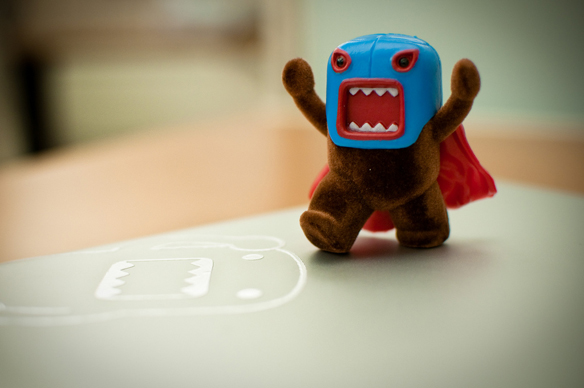
1. They get bitchy when someone succeeds.
Whether it’s overt or more discreet, there are some people who are just not going to be supportive for people who are getting theirs. If you have good things happen to you and know, from experience, that your friends are unlikely to be genuinely happy for you, you kind of just stop telling them. While there are going to be people who are supportive and actively want you to achieve things, it kind of seems like your social group mostly consists of people wanting everyone to accompany one another in their mediocrity. As long as everyone is kind of not really doing anything, that means it’s okay for everyone to do it. Achieving something great is mostly perceived as rubbing it in.
2. They never want to try new things.
Is there a show in a nearby city you want to go to? A new hobby to try? A new restaurant opening? Your friends are mostly going to complain about how far the drive is while they sit on the couch at someone’s house and play video games while drinking a beer and/or smoking a bowl. They are just not interested in anything that involves the unknown, or even a little bit of effort. It’s much easier to just stay where things are comfortable and familiar and easily accessible, and that’s what they intend on doing.
3. They don’t show up for important things.
When you have an important event coming up, like a surprise birthday party you’re organizing or a play you’ve been doing which you want your friends to see, there is a good chance that no one’s going to show up for it, and you know that. You’ve gotten to the point where you only expect a couple of them to really participate, and have stopped trying to convince the rest that it would mean a lot to you if they came. You’ve just understood that they have their own schedule — and are incredibly lazy when it comes to the important events of others — and counting on them is an exercise in futility. You just deem them “flaky” if anyone asks about it, and move on.
4. They have to be intoxicated to hang out.
Almost every time you’re together, it’s either centered around getting drunk or doing drugs. There aren’t really any other outings that bring something new to the table or involve everyone when they are fully cognizant of what’s going on. If pressed, you’d have a hard time remembering when was the last time that you all went out and did something together that wasn’t either a bar or someone’s house to accomplish the same thing.
5. They don’t listen.
If you have a serious problem that you need to talk about, you know not to go to your main social group. It’s simply that they don’t really care that much, and aren’t very good when it comes to dealing with other people’s feelings. They’ll pretend to listen, but you can tell that they’re mostly just glazed over and waiting to change the subject. It’s rare that any of them will give good advice, or share their own experience, or add to any kind of dialogue. If the interaction is going beyond surface-level stuff and getting too involved in emotions or problems, they are going to check out. And so you’ve just begun assuming that, if it’s in any way complicated, they’re not really interested in hearing.
6. They don’t have ambitions for the future.
You’re pretty sure they vaguely want a “job,” where they earn “money” to do “things,” but after that, you’re not really sure.
7. You don’t want to end up like them.
To you, these friends are placeholders. Though you are a part of their life for now, and they of yours, there are clearly hopes for your future that don’t involve hanging out with them in the same places, making the same choices, and being in the same situation. You know what you want out of friendships, and out of a social group in general, and you know that you don’t have it. You want to be with people who inspire you, who drive you to do better and who support you in your choice. You see movies about really close groups of friends and you become inexplicably sad — you’ve never really known what it’s like to be with people like that, and to know that your group had your back no matter what. And beyond just feeling like you’re floating along with your current clique, you start to realize that you are the company you keep — and you hope more than anything that you don’t permanently become like they are. ![]()





